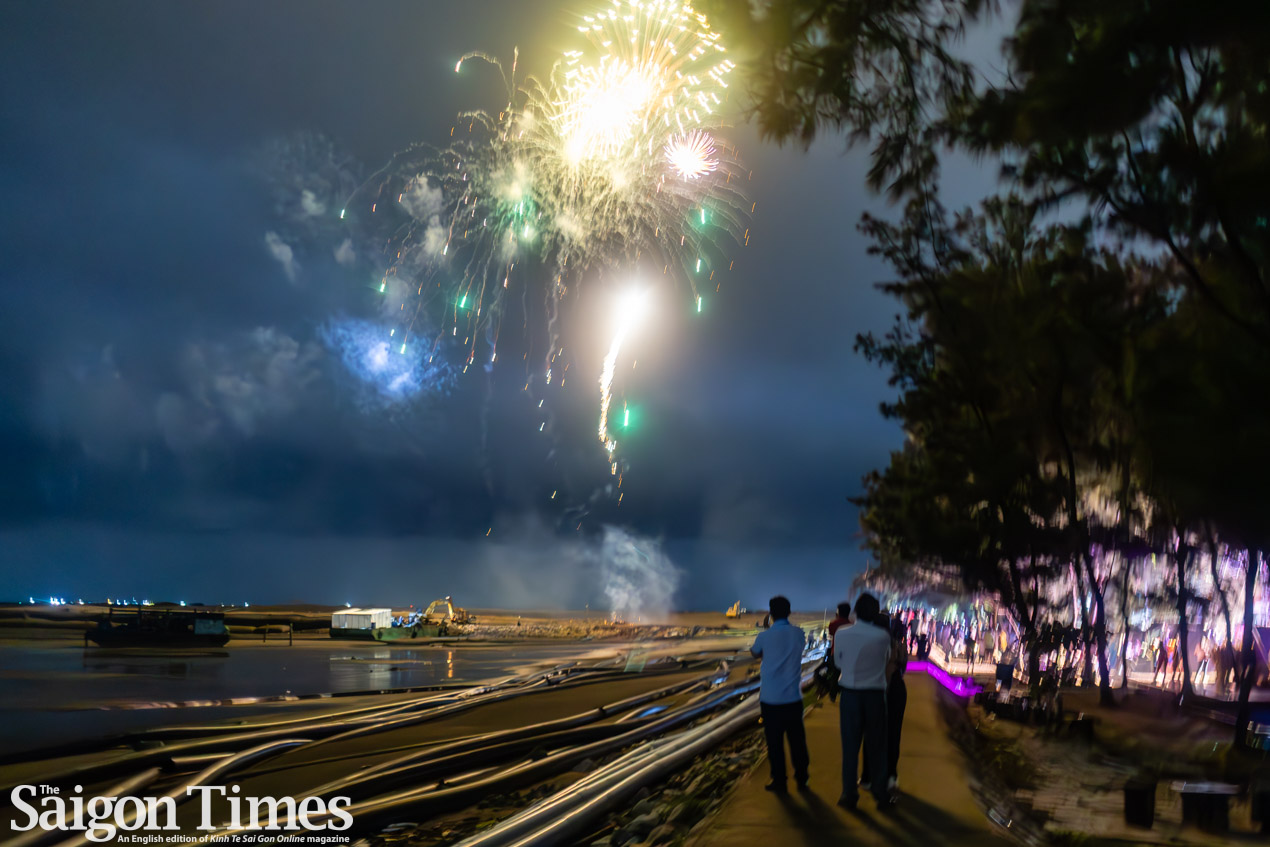HCMC — The Ministry of Agriculture and Environment has opened a public consultation on the environmental impact of the Can Gio coastal urban tourism project in HCMC.
The project, led by Cangio Tourist City Corporation, a subsidiary of Vietnamese conglomerate Vingroup, was approved by the prime minister in June 2020 and by the city government for detailed planning and land reclamation in early 2025.
According to an environmental impact assessment by the Ministry of Agriculture and Environment, the development will cover more than 2,870 hectares and include four functional zones. It is designed to house about 228,500 residents and accommodate 8.9 million tourists annually.
The project will need an estimated VND217 trillion. Planned facilities include eco-residential areas, commercial and financial centers, schools, hospitals, hotels, a maritime port, and water recreation areas.
Most of the site will be reclaimed from the sea, using over 180 million cubic meters of fill material and 95km of dikes, including 18km along the coast. The developer said the materials will mainly come from dredging to reduce new extraction and limit impacts on the coastal ecosystem.
The project is near the UNESCO-recognized Can Gio Mangrove Biosphere Reserve. Environmental monitoring and safeguards are required. Hydrodynamic modeling shows local changes in water flow and wave heights, with no significant impact on the core biosphere if protections are followed.
Construction is planned for 2025–2030 and will include a centralized wastewater treatment system, a 300-ton-per-hour concrete plant, and a temporary port for material transport. Wastewater and domestic waste, estimated at 120 tons per day, will be treated before release.
The city government has identified Can Gio as an ecological and coastal tourism growth hub through 2040, with a vision to 2060. Experts have warned that independent monitoring of water quality, sediments, and biodiversity is necessary to protect mangroves and coastal resources.
If managed properly, the project could become Vietnam’s first “marine ecological city,” combining economic development with environmental restoration.
The project is currently under environmental assessment on the ministry’s public consultation portal.









